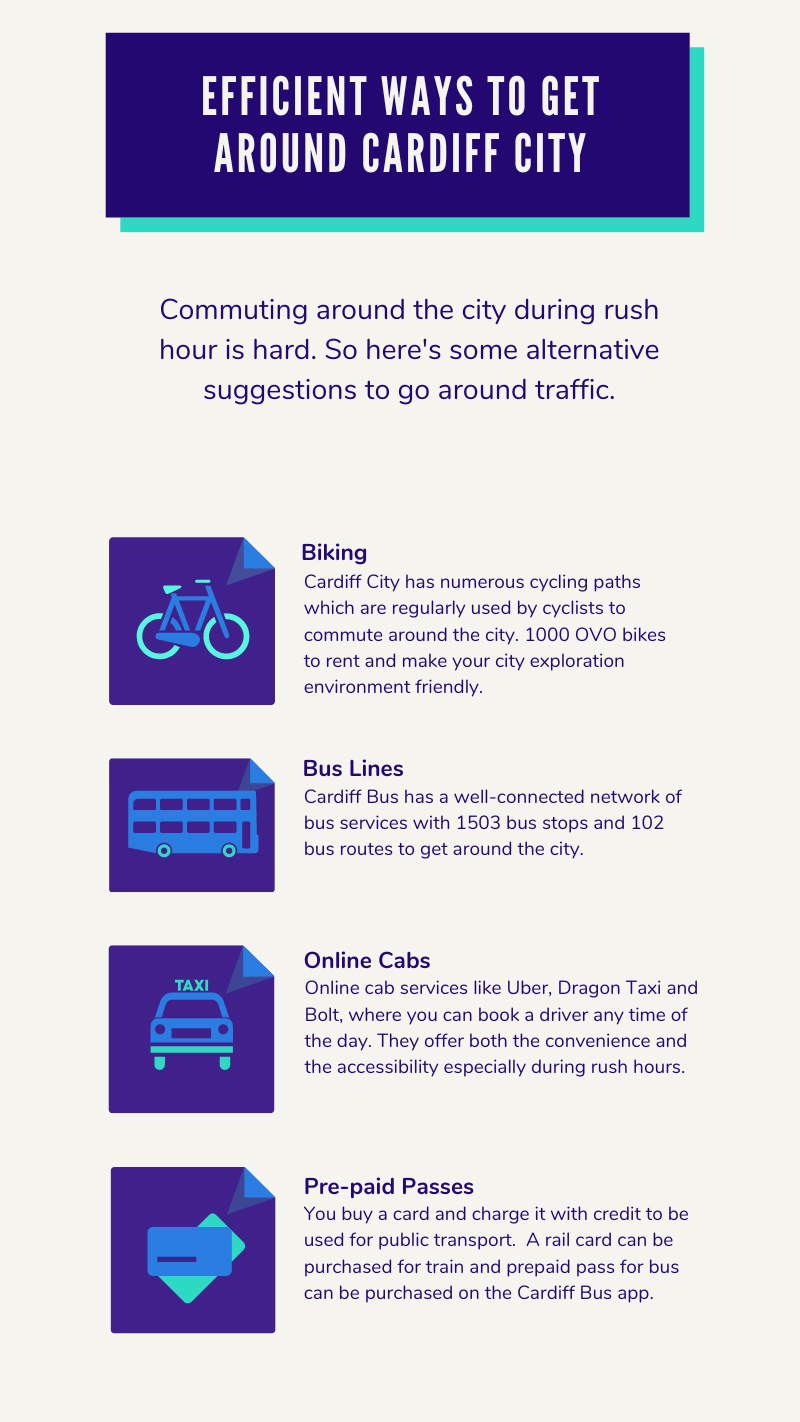Higher parking fines aren’t enough to fight congestion, say campaigners. So how do we deal with Cardiff’s car problem?
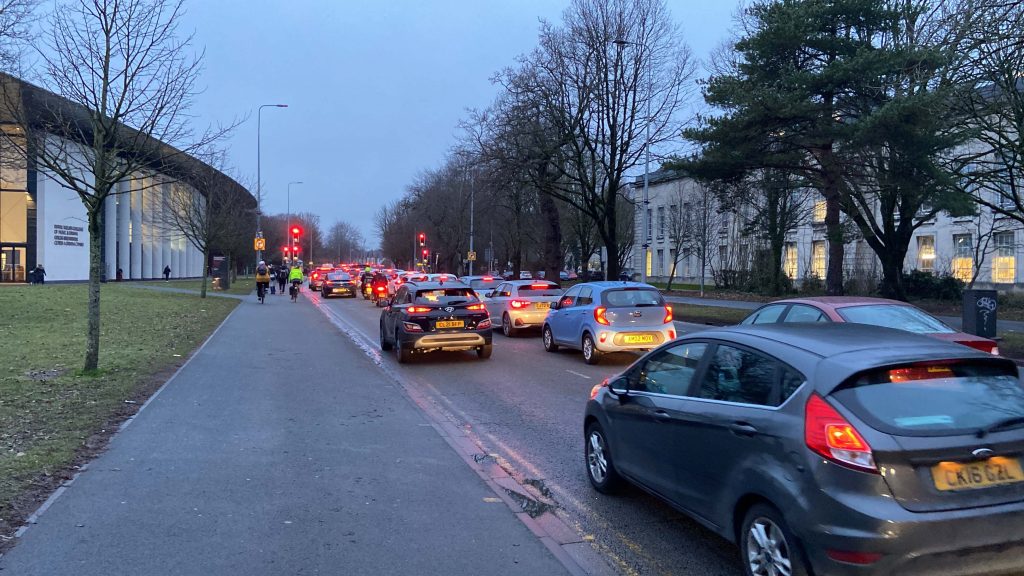
It’s a familiar sight for anyone who lives in Cardiff: queues of traffic slowly trundling along the A470, trying to make their way out of the city at rush hour.
And as you walk along the pavement, there’s a sense that you are ingesting pollutants from the gas-guzzling cars that are idling on the roads.
Hi-tech cameras and road planning can’t solve the problem. According to local active travel campaigner Tom Overton, the city is too small.
“You don’t need to be a scientist to see that there are too many cars. It’s a small city, it’s not built for cars, and it’s just getting busier and busier and busier,” says Tom Overton, founder of The Bike Lock Cardiff.
“We have just got to invest in the future because young people are gonna have to live in this in 20 years’ time. And if we keep polluting it, it’s going to be an unhealthy environment, and people will have ill health,”

Given the recent hike in the parking fee, active travel is the most sustainable and efficient mode of transport.
“Better Investment in bus travel, better investment in the trains, allow people to take their bikes on trains. Create a clean air zone in the city’s centre so people can’t bring polluting cars into the city, and I would have an integrated transport system. So you could go from a car to a train, a bus to a bike, to your feet,” says Tom while explaining what the council needs to do.
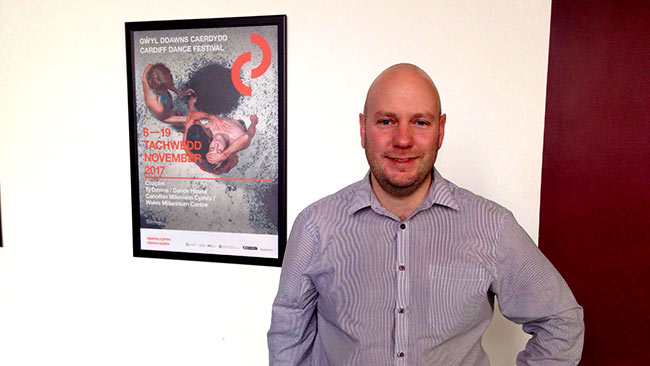
Canton’s Cllr. Stephen Cunnah said, “The price hike in parking fees aimed to encourage citizens to travel via public transport or alternative travel.”
He further said that the council was actively monitoring the congestion issue in the city and is making plans to address it.
In 2020, the Welsh government proposed introducing a congestion charge several times to escape the backlash for their inability to improve infrastructure for alternative travel modes.
But congestion charge proposals have received heavy backlash as it puts a financial burden on drivers. The Welsh government has been criticised for not equipping the city with alternative transport modes.
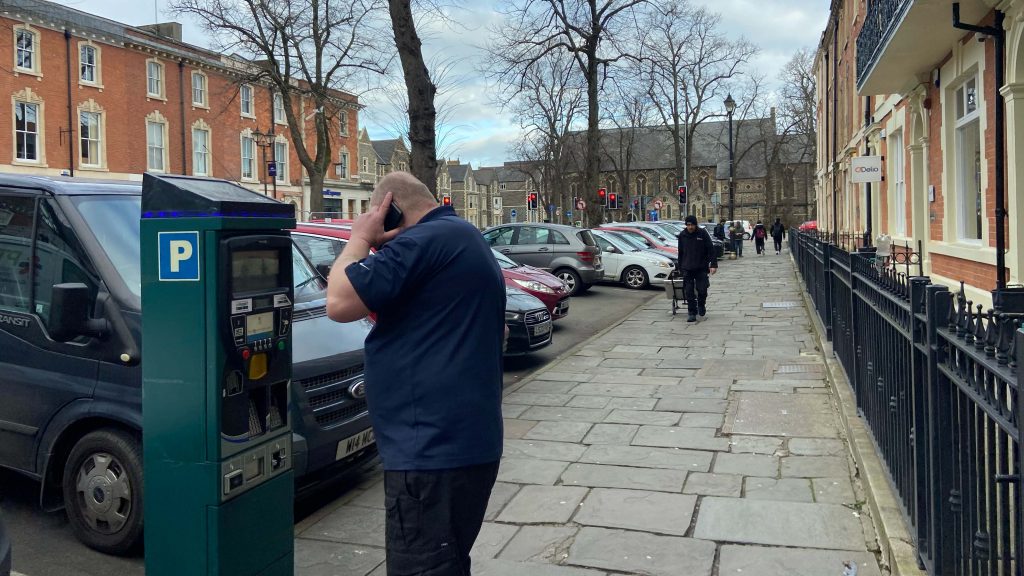
Cardiff council has also received backlash for rising parking fees as people are already struggling with the cost of living crisis.
The proposed congestion charges would impact low-income families. Charging £2 to enter Cardiff would disproportionately affect regular commuters who come to work in the city.
To encourage people to use public transport, the Welsh government’s National Transport Delivery Plan 2022 – 2027 aims to build efficient public transport networks and make them affordable to £1 journeys.
The city now has more electric vehicle charging points to encourage EV travelling to reduce emissions and pollution.
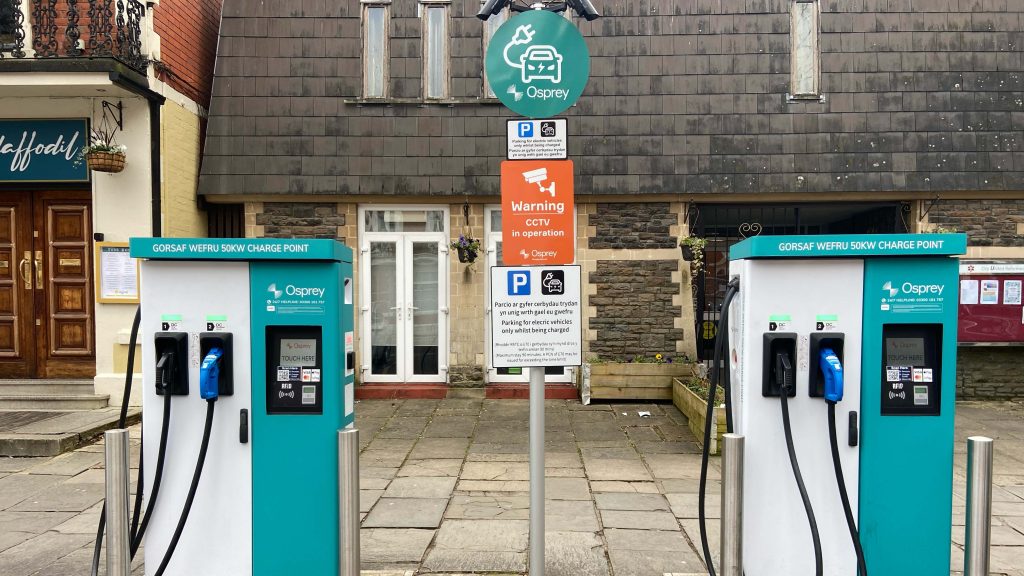
The government is also looking to introduce a universal app to manage all public transport tickets to make it more accessible for commuters to keep all their tickets in one place.
In the 2023 budget, the Cardiff council aims to invest £108.2 million to expand public transport and infrastructure for active travel, subject to funding.
